
Piano, finally
Piano Finally is a podcast by an old bloke who is learning the piano, finally. I cover the process of learning the piano and music theory as an adult learner. I also review piano books, hardware and other materials from an adult learner's perspective.
Piano, finally
Episode 69 - It's Not About the Money
Episode 69 – It’s Not About the Money
Welcome back to Piano, finally, the podcast of one bloke learning piano later in life. This week’s episode was planned and drafted on the train to Sydney—an unusually productive commute at $6.90 each way!
🎧 YouTube and Podcast – 19th International Chopin Competition
Stage One of the 19th International Chopin Competition
has finished, with forty pianists progressing to the next round. I’m following Anthony Ratinov, runner-up in Miami and a recent guest on Ben Laude’s Late Cho(pin). You can catch his first-round performance here, and find more interviews and highlights on the Chopin Institute YouTube channel. For extra insight, check out Ben Laude’s Patreon recaps and a short discussion between Ben and Ratinov here.
📝 Essay – It’s Not About the Money
Some approach music as a business, others as a passion. I fall into the latter group. While lessons, instruments, and concert tickets all cost money, for most of us learning later in life, the goal isn’t profit—it’s progress. Playing music for joy rather than financial return changes how we value practice and performance. Attending concerts, connecting with like-minded people, and encouraging students to pursue music for its own sake all reinforce the same truth: music’s real worth isn’t measured in dollars.
🎼 Review – Piano Glory Music Folder
Like Bill Hilton, I’ve rediscovered the benefits of paper scores. Digital versions are convenient, but writing on real paper feels more connected. Enter Piano Glory, a Sydney-based company creating sturdy music folders that hold pages without plastic sleeves—no reflections, easy annotations, and durable construction. Each folder holds up to forty pages, includes adhesive tabs and a pencil holder, and stays open on the stand. Not cheap, but beautifully designed and worth it. Check out Bill Hilton’s video that inspired the switch here.
🎶 Coming Up
Next week: the Blue Mountains Musical Society’s production of Legally Blonde (details here), and I’ll be starting the new term with Devi, tackling more Grade One pieces. Also, if you’re near the Blue Mountains, catch Devi performing later this month with the Khyal Trio (event info).
The contents of this podcast were entirely generated by a human. These show notes, however, were created by ChatGPT.
You can contact me:
- via email at david@pianofinally.show; this is probably the best option
- the show website, www.pianofinally.show
- Instagram and Threads @pianofinally
- and on YouTube
- all the podcast directories - list
- here's the RSS feed
Some of the links to books and other items mentioned in the podcast may affiliate links for Amazon or other providers. If you use one of these links, a commission may be paid to me at no additional cost to you. Thank you if you use a link.
All reviews of products, websites and services are unpaid, and no sponsorship has been received for any content on this podcast.
G'day everyone, I'm David Reidy. Welcome to Piano, Finally, a podcast by an old bloke who's getting around to learning the piano. Finally. Welcome to show 69. Thank you very much for listening. If this is the first time you're hearing the podcast, I hope you enjoy what's in the show. If you're back for another episode, then thanks for returning. If you too are learning a musical instrument, let me know how you're going with it. You can contact me at david at pianofinally.show. This week's show is being prepared somewhere different, on the train to and from Sydney. I used to do this every day when I worked in Sydney, but it's rare now that I use the train. It's just under two hours from home to the city, and the old inter-urban trains are quite comfortable, even though they're over 50 years old. If you're in the UK, you might be surprised to hear that the 103km trip costs $6.90 each way, slightly cheaper than UK fares. The trip isn't music related though. I run the Ethics Olympiad teams at work, so I'm off to lunch at the Ethics Centre. It should be interesting. Obviously though, I'll still be recording the podcast when I get home. The 19th International Chopin Competition has been running for a week now and as I write this, stage 1 is complete 84 pianists started the competition and over the course of the week they have played in 10 concerts 40 made it through to stage 2 and the list was announced on Wednesday morning Anthony Ratanov, the second place winner in the Miami competition is my pick for the competition and he has made it through to the next round It was his appearances in some of the accompanying video of that competition that made me aware of his playing and his approach to his music He even unexpectedly turned up on Ben Lordy's Late Show after his first round performance There's a link in the show notes With more than 40 hours of piano playing so far I'm not going to be able to watch all the performances so picking a few to follow is probably the best option. I've also been watching Ben Lordy's Patreon recaps which is a good way to find highlights worth watching. The recaps are long but not as long as each of the performances. Again, there are links in the show notes. During the intermissions of each of the performances there are shows with interviews of the pianists on the Chopin Institute's YouTube channel. Link in the show notes as well. The channel also has videos of the individual pianists which appear a few hours after their performances. It is also where you can see the schedule for upcoming sessions if you go to the live tab on their main page. The website and the competition broadcasts are definitely the place to be when too much Chopin is never enough. I'll also include a link to a short of Ben and Anthony Ratanov discussing one aspect of Anthony's first round performance. it's worth a watch. It's not about the money. As I've mentioned before I listen to a lot of podcasts. There are two that I listen to to keep up with Apple News. There are a couple of history podcasts and the ones associated with No Such Thing as a Fish. But I also listen to piano podcasts of course. The ones I listen to though are generally about the more commercial side of piano playing, because I haven't found any other ones about learning. Those seem to be the domain of YouTube rather than podcasting. There is one new podcast I have tried out, but decided not to follow. Not because it is poorly produced, it's not, production quality is mostly excellent, but because the host's reasons for playing music are completely at odds with my own. He comes from a business and entrepreneurship background, where return on investment and fiscal growth are paramount. That's not to say that his views aren't valid. It's just that when I play music, it's not about the money. I don't think that there are many adults who approach learning the piano for the first time with the idea that it is going to become a new income stream for them. If I were to look at the costs involved in learning so far, instruments, scores, books, tickets to performances and lessons, then I'd be aiming for a fairly successful career just to recoup the costs. But then I'm not in it for the money. I treat music as a hobby so I make decisions about my music based on that premise. Getting lessons makes sense whether you're in music for the money or not but going to concerts for instance only makes sense if there is some reason other than hearing the music. After all, you can hear the music in audio recordings and increasingly in video presentations. And a year's subscription to the most premium services is less expensive than a single concert ticket. If money is not the driving force, then I can go to a concert for many reasons. One is to be around like-minded people. Attending the pre-concert talks before the Sydney Symphony Orchestra concerts means a bit of waiting around before they begin, and that brings the opportunity to talk with other people who are there for the concert. These have been mostly fun, and it's interesting to hear other stories. But attending wouldn't be a sound business decision. At work, I often interact with students who are thinking about a career in music. For them, it is clearly important to think about the money side. But I have yet to meet a student who wants to make a career in music because it will make them lots of money. All of them want to be musicians for the music. Yes, if fame and fortune were to come their way, they don't intend to shy away from it, but is not the primary driver of anyone seriously considering a musical life. Instead, they choose music because they have something to say, or they want to entertain people. Yes, they need to make money to live, and that needs to be a moderate level of success, but it's not the main driver. When a student tells me they want to make music as part of their future, I always support them. but I also encourage them to have a backup plan, whether that is something in another field or just adding a teaching qualification to their studies. I think one of the most valuable aspects of taking up the piano as an adult is that it is most definitely a bad economic decision. I don't have to consider maximising my return on investment. I don't even have to make a concerted effort to justify purchases that make little monetary sense, but which will enhance my enjoyment of playing or help me to learn something new. I am very grateful to all those younger musicians who make the choice of pursuing a career and who eventually become those artists that we will all enjoy and appreciate. Their courage in starting out on a path without a clear destination is refreshing and yet another reason why we should all be supporting their efforts at every opportunity. But for those of us who are a bit, a lot older and to take up an instrument too late to consider a musical career. It's about the challenge, about the hope of one day being able to entertain friends and families, to keep ourselves active and learning most definitely. But it's not about the money. You might be aware of the phenomenon where multiple, completely unrelated people think of the same thing at the same time. Alexander Graham Bell and Elijah Gray both patented the telephone on the same day. The movies Armageddon and Deep Impact were both in production at the same time and premiered in 1998. Both were about an asteroid heading towards the Earth. Well, on a smaller scale, that happened to me and Bill Hilton this past week. I had to go back to using a printed score for some music, as the iPad had been left on in my music bag, and music doesn't let it shut down, so its battery was empty. My backup iPad was inconveniently far away, and so I had to pull out the printed version of A Wild Chase and make some annotations on it using a pencil. I found I preferred it to doing the same task on the iPad, even though the iPad has the added feature of backing it up and making it available on all my devices. So I started thinking about going back to using paper. Bill Hilton had an interesting take on using paper in his YouTube video this week, where he pointed out that those of his students who used paper rather than an iPad when they were practicing seemed to progress faster. I'll leave Bill to explain his theory, which makes a lot of sense, by including a link to the video in the show notes. Using paper, though, has its own problems, not the least of which is keeping it all organised at the piano. I have pieces from a number of books that I have moved to the iPad. Add to that that I have a Sheet Music Direct subscription and there is a disaster waiting to happen when a breeze blows the printed versions off the music stand. The obvious solution is to use some form of folder. The folder that springs immediately to mind is the display book. A display book is a folder filled with thin plastic sleeves that you can slide A4 paper into. I really dislike them. When schoolwork was expected to be handed in on paper, it was not unusual to end up with 25 or so of these folders, which were slippery and almost impossible to carry in a stack, each containing a few sheets of paper and a lot of wasted plastic. And marking was a nightmare, because you had to remove a sheet to write on it, and then spent time wrestling it back into the sleeve. I did remember though that sometimes a music folder system would show up in my Facebook feed. I tend to skip the ads, so I had to go and search for it. It's called Piano Glory, though I wasn't surprised to find there are other similar products also available. Piano Glory is an Australian company based in Sydney and run by two pianists who founded a piano academy and who developed the product to aid their students. The idea for the folder is that instead of thin plastic sleeves, each sheet is made of a thicker plastic with long sections along the top, bottom and outer edge that hold the edges of a sheet of A4 paper. The sheets are much sturdier than the plastic in the display folders and the edge sections are quite firm enough to hold the paper securely, even though they only extend about 2cm over the paper. This means that most of the paper is sitting exposed, so that you can write on it. And with no plastic on top of it, there are no unwanted reflections. Ideally, you would use paper that is printed on only one side, but the carrier sheets are clear, so if you do have double-sided printing, you can still see the reverse. You just can't write on it. And of course, nothing is permanent, and you can add and remove pages as needed. Each folder contains 20 sheets, but you can't add or remove sheets as the folders have metallic comb binding. 20 sheets mean that you can store up to 40 pages of music. The binding also means that there is no problem having the folder stay open on the music stand. Included with the binder are adhesive tabs that you can use to mark places or for fast page turns. There's even an adhesive pencil holder you can add. I purchased the 5 pack of folders directly from Piano Glory. I'll give one away to a colleague who has a need for it and I'm sure I'll find plenty of ways to use the others especially as my repertoire grows These folders aren't cheap but I think it's worth it as it should make my practice time more productive a la Bill Hilton's reasoning There's a link in the show notes to the company directly Bypassing Facebook Coming up next week on Sunday is the Blue Mountainss Musical Society's production of Legally Blonde by Nell Benjamin and Lawrence O'Keefe. I've not seen the movie, and I've not heard the score, but the Society always does an excellent job with its musicals, so I'm looking forward to it. I'll include a review in next week's show. Also, this coming week, I start the next term of piano lessons. I've been concentrating on Wynn-Anne Rossi's A Wild Chase over the holidays, though not as much as I'd like, and I'm hoping to make a solid start on some more pieces for next year's recital. I'm going to ask Devi if she thinks I'm ready to pick up some more Grade 1 pieces. Another thing you might be interested in, if you're close to the Blue Mountainss, is an evening that Devi is performing in later this month. I'll put a link in the show notes with more information. If you'd like to contact me, email is the best way. You'll find me at david at pianofinally.show and the website at www.pianofinally.show. In both cases, Piano, Finally is all one word. The show is also on Spotify and available as audio only on YouTube. You can subscribe via any popular iOS or Android podcast application or from directories such as Apple Podcasts, Spotify or YouTube. I also post an excerpt and link for each episode as an Instagram Reel If you're learning an instrument, let me know where you are in your journey What's going well? What are you having problems with? And are you getting enough practice in? So, until next week, I hope your piano stays in tune And you enjoy your time at the Keys Once again, the piece this week is Winn-An Rossi's A Wild Chase, with not quite as much practice as they'd hoped for. The music was recorded using the Kawai NV10 as the keyboard, and the M4 Pro Mac Mini running Cubase, and Pianoteq 8 emulating the Shigeru Kawaii SK-EX Grand Piano in classical recording mode. piano plays softly
Podcasts we love
Check out these other fine podcasts recommended by us, not an algorithm.

Connected
Relay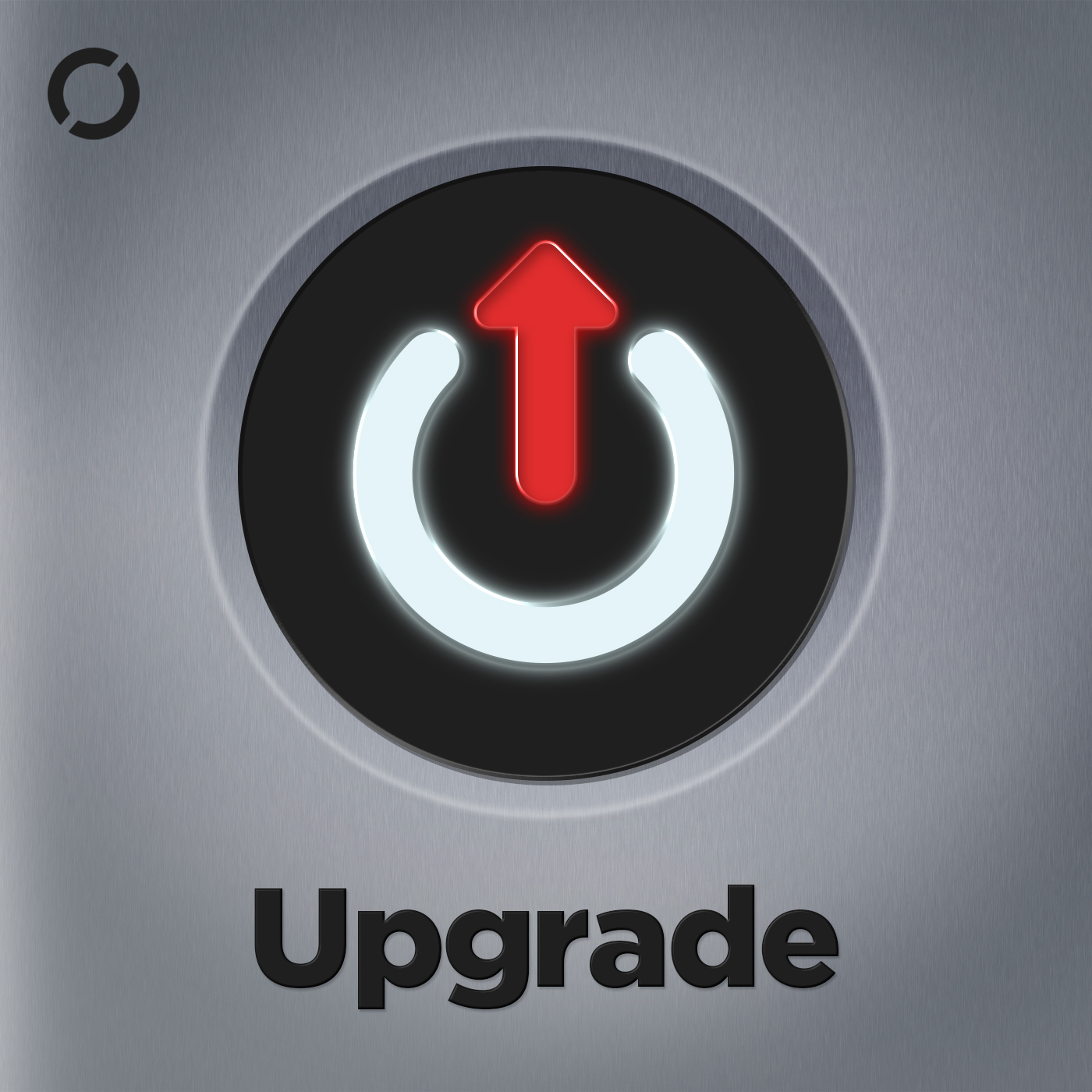
Upgrade
Relay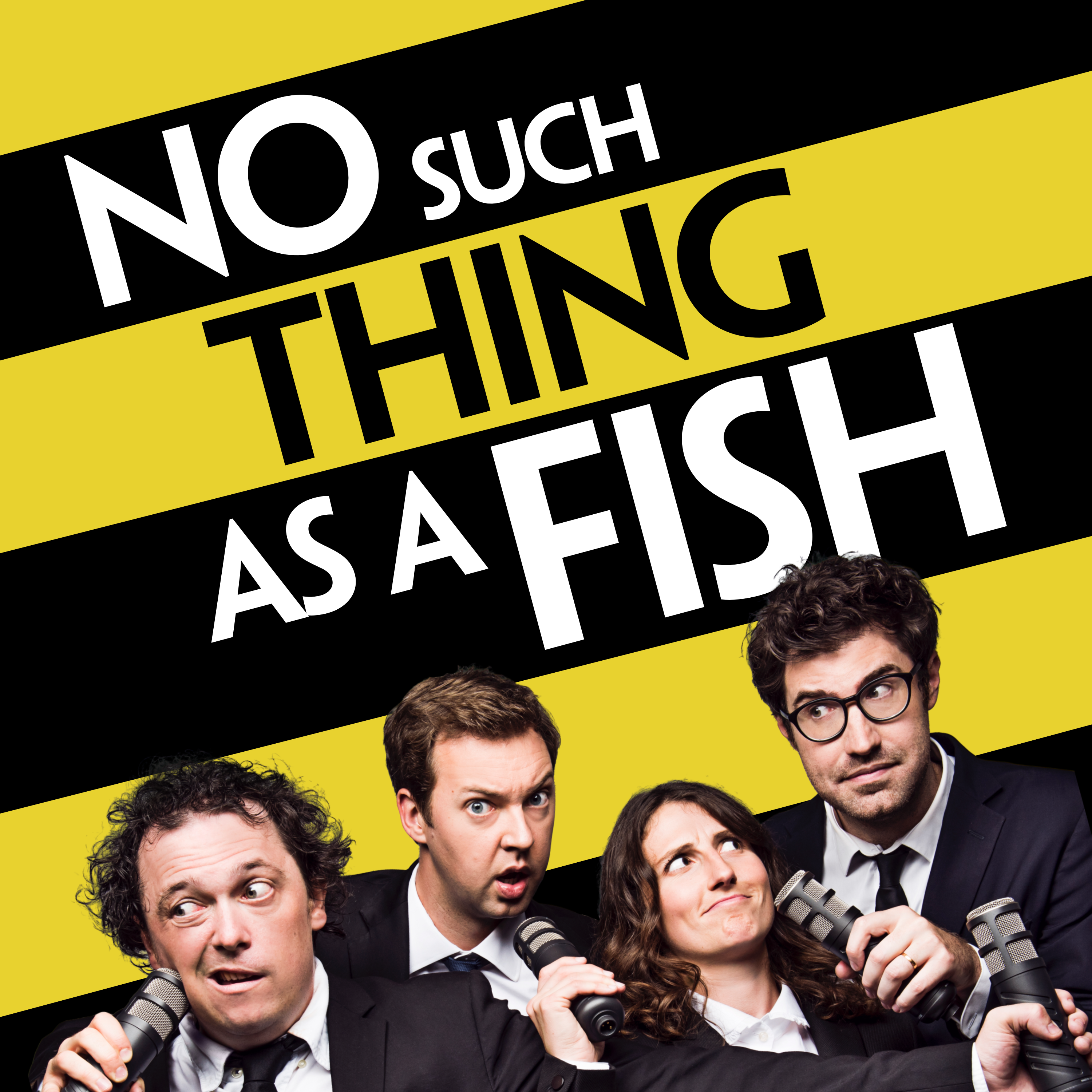
No Such Thing As A Fish
No Such Thing As A Fish
We Can Be Weirdos
Global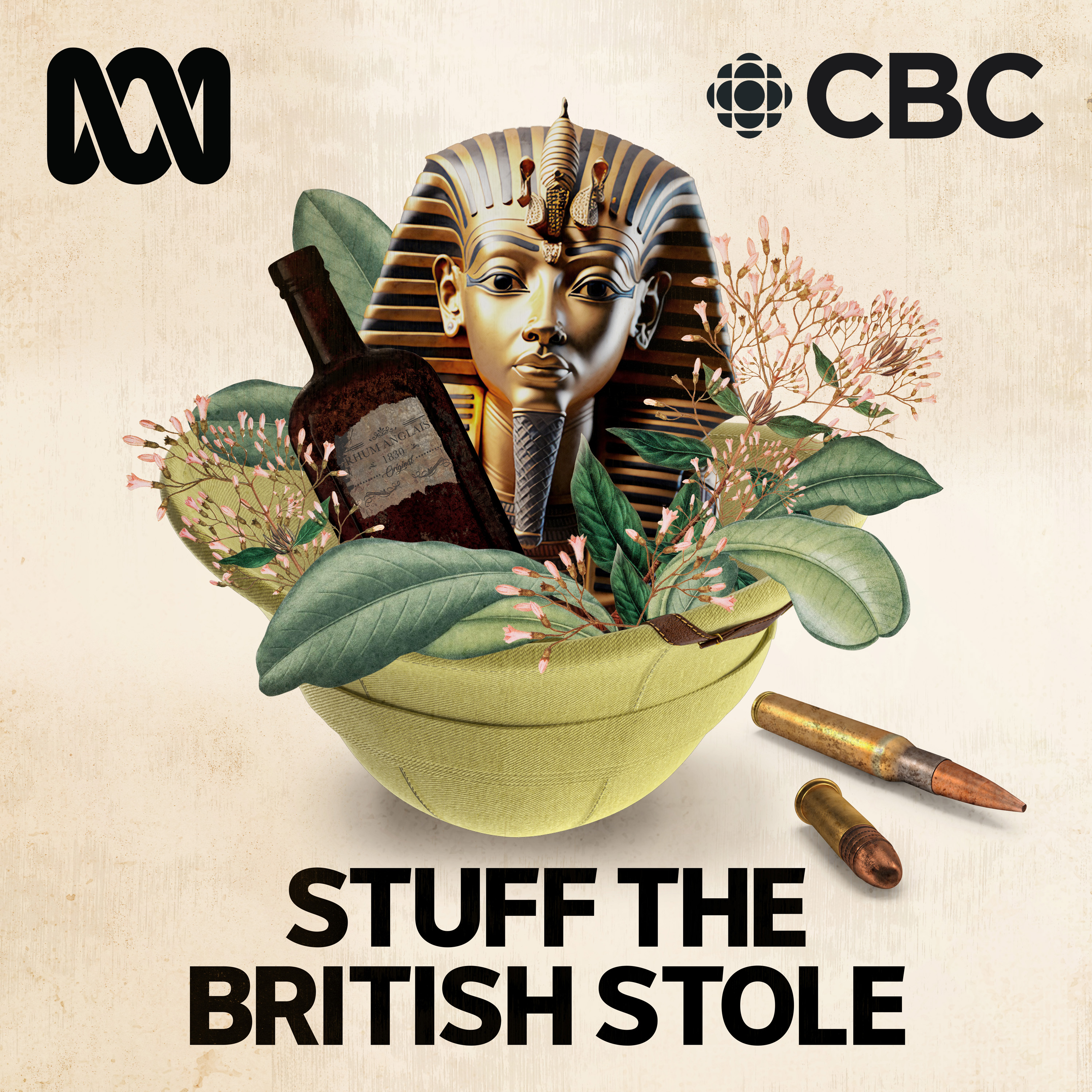
Stuff The British Stole
ABC and CBC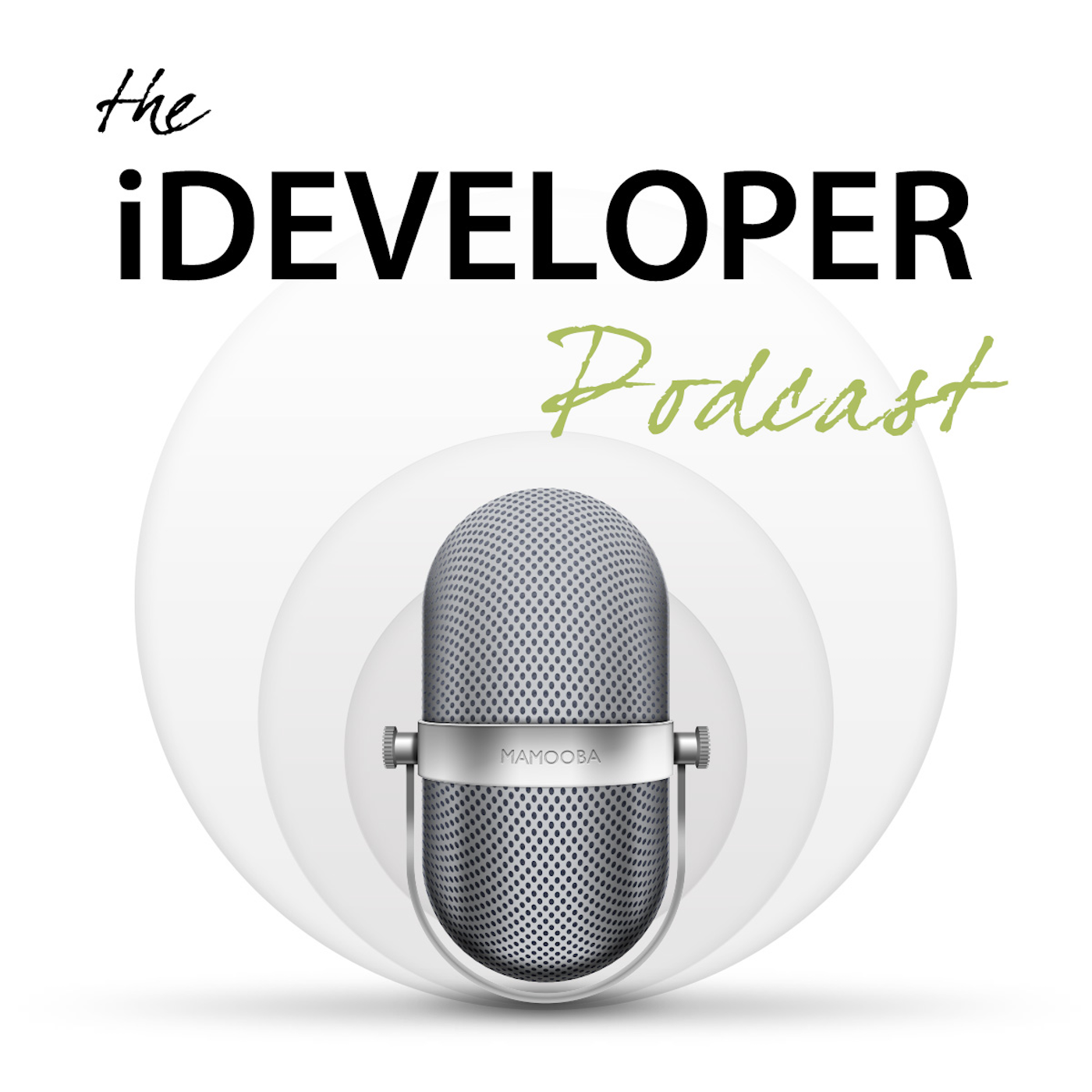
The iDeveloper Podcast
Steve Scott (Scotty) & John FoxRaven On: A Pop Culture Podcast
Natalie Bochenski & Stuart Layt
Smart Enough to Know Better
Dan Beeston & Greg Wah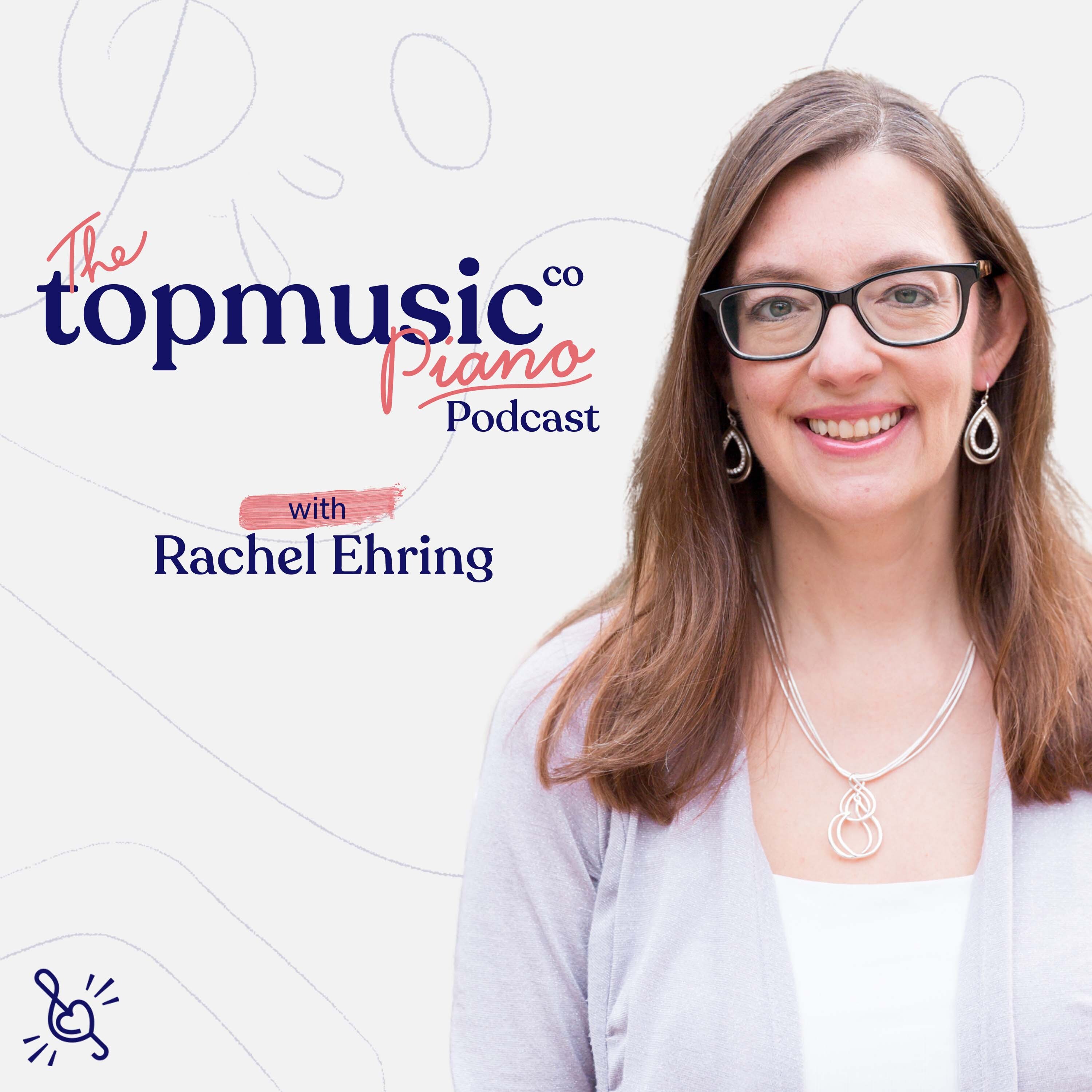
TopMusic Piano Podcast
Tim Topham
The Chopin Podcast
Garrick Ohlsson and Ben Laude


